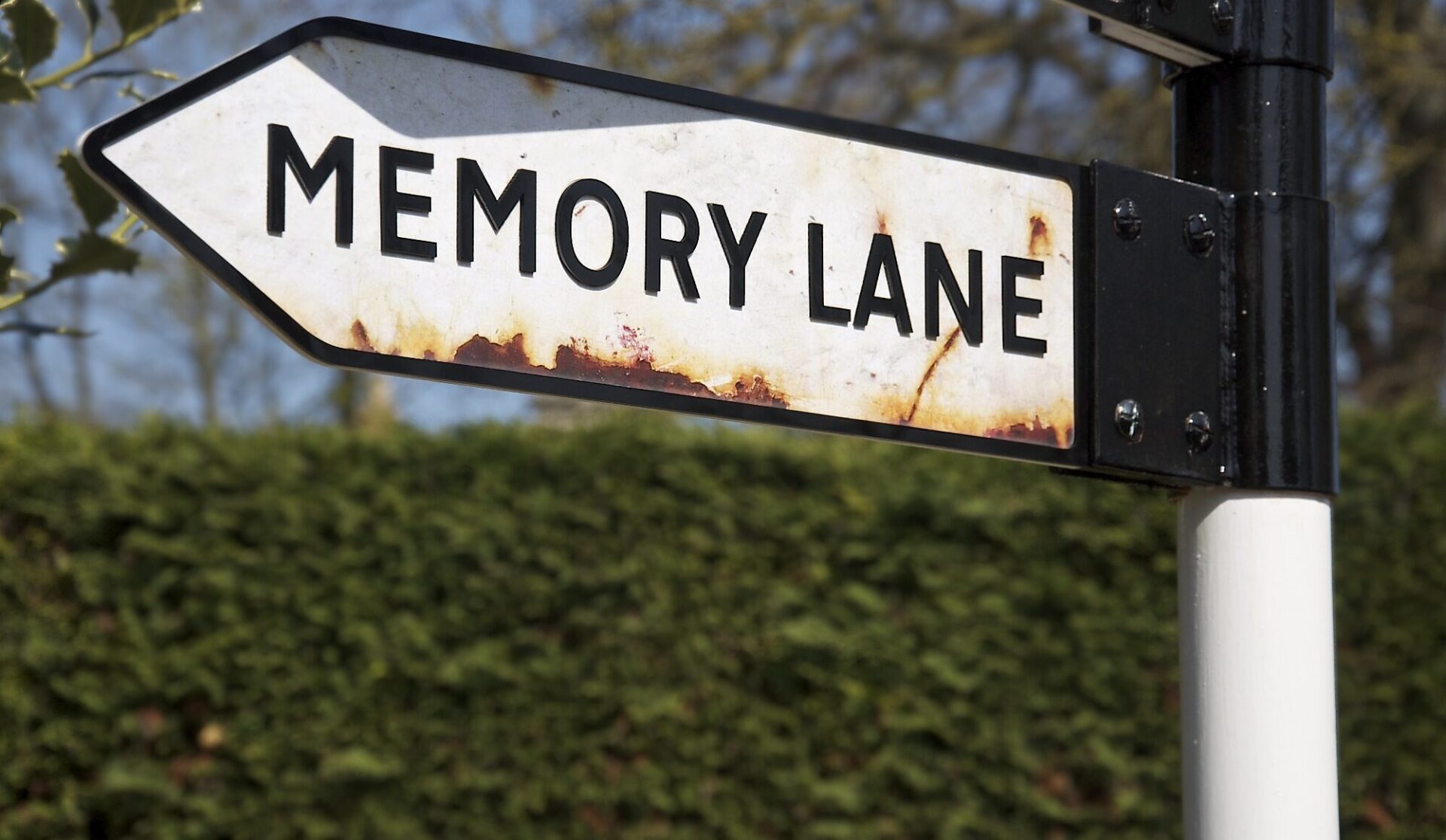Ah, nostalgia. That warm, fuzzy feeling that washes over you when you hear an old song, smell a familiar scent, or revisit a cherished childhood memory. It’s like stepping into a time machine, transported back to a simpler time filled with laughter, innocence, and maybe even a few boxes of Dunkaroos (remember those?).
But is nostalgia all sunshine and lollipops? While it can be a delightful experience, the effects of nostalgia are complex and multifaceted. Let’s dive deeper into this fascinating phenomenon, exploring its impact on our emotions, memories, and even our present lives.
Understanding Nostalgia

Nostalgia is a sentimental longing for the past. It’s a bittersweet emotion that evokes a mix of positive and negative feelings associated with past experiences. Psychologists believe nostalgia serves several key functions:
- Social Bonding: Sharing nostalgic memories with loved ones can strengthen social connections and foster a sense of belonging.
- Self-Esteem Boost: Reminiscing about past achievements can boost self-esteem and remind us of our personal growth.
- Emotional Regulation: Nostalgia can provide comfort and a sense of security during challenging times. Think of listening to your favorite childhood songs to feel a sense of calm.
Memory and Nostalgia
Nostalgia can be a tricky business. Our memories are not like perfectly preserved snapshots. They’re more like impressionistic paintings, colored by our emotions and shaped by time. This can lead to a phenomenon called the “rosy retrospection effect” – the tendency to remember the past as being more positive than it actually was. We often gloss over the downsides of the past, focusing on the happy moments and feeling a sense of longing for a time that might not have been as idyllic as we remember.
The Positive and Negative Effects of Nostalgia
Nostalgia can be a powerful force, with both positive and negative consequences:
The Positive Effects
- Enhanced Mood: Reminiscing about happy memories can boost mood and create a sense of well-being.
- Increased Life Satisfaction: Feeling connected to your past can increase feelings of meaning and purpose in the present.
- Greater Resilience: Nostalgia can provide emotional comfort and strength during difficult times.
The Negative Effects
- Dissatisfaction with the Present: Constant comparisons between the “perfect” past and the present can lead to feelings of dissatisfaction.
- Procrastination: Dwelling on the past can be a form of procrastination, distracting us from pursuing present goals.
- Escapism: If you’re constantly seeking refuge in the past, it can be a sign of avoiding challenges in the present.
Harnessing the Power of Nostalgia

Nostalgia is a powerful emotion that can be used to our advantage. Here are some tips for harnessing the positive aspects of nostalgia:
- Focus on the Good But Be Realistic: Don’t fall prey to the rose-colored glasses effect. Acknowledge both positive and negative aspects of the past.
- Savor the Memories: Share happy memories with loved ones, create scrapbooks, or listen to old songs – but don’t get stuck in the past.
- Use Nostalgia as Motivation: Use positive memories as inspiration to create new experiences and achieve future goals.
Conclusion
Nostalgia is a complex emotion with the power to evoke both joy and sadness. While it’s tempting to get lost in the warm glow of the past, it’s important to maintain a healthy balance. Use nostalgia to appreciate your journey, learn from your experiences, and embrace the present moment. Remember, the best stories are still waiting to be written!
You May Also Like….
- 10 Keys to Composure When Life Gets Wild
- SPEAK UP, STAND OUT: The Secret to Overcoming Your Fear of Public Speaking Revealed!
- History of High Heels: From Torture Devices to Fashion Must-Haves
FAQs
Q1: Does everyone experience nostalgia?
Nostalgia is a universal human experience, but the intensity and frequency can vary from person to person.
Q2: Can nostalgia be a sign of depression?
While nostalgia can be a normal emotion, if it’s accompanied by persistent sadness, anxiety, or a lack of interest in the present, it might be a sign of depression. In this case, seeking professional help is advisable.
Q3: How can I avoid getting stuck in the past?
Practice gratitude for the present, set goals for the future, and engage in new experiences. Nostalgia should be a positive force, not a way to escape reality.
Q4: Are there any cultural differences in how nostalgia is experienced?
Yes, cultural factors can influence how people experience nostalgia. Some cultures place a higher emphasis on respect for tradition and honoring the past, while others may be more future-oriented.
Q5: Is nostalgia ever used in marketing?
Absolutely! Marketing campaigns often leverage nostalgia to trigger positive feelings and create a sense of familiarity with a brand. Think about classic commercials with nostalgic music or imagery to evoke a sense of warmth and trust.


